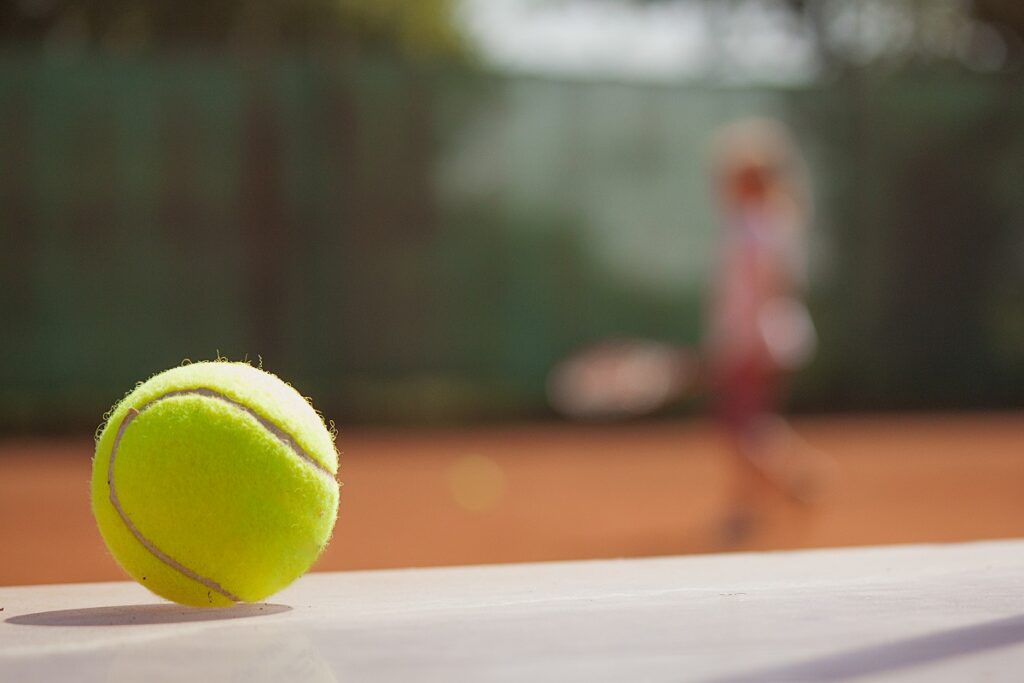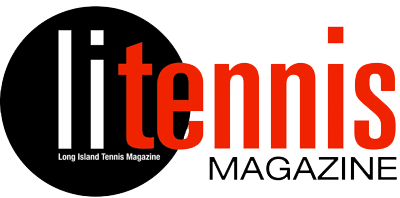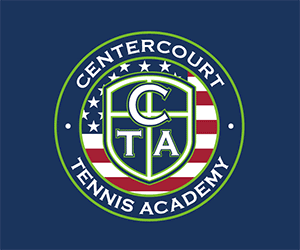Serve and Return

The experience of junior tennis is self-centric by its very nature, which is similar to the experience of growing up with a period of skill building, and later, a time of ability challenge. Childhood and adolescence is defined by the cultivation of self-investment and personal growth, and while most young aspiring players feel charity starts at home, it should be recognized that when you have more, you have more to give. If you share your good fortune, you elevate yourself as well as others. For young tennis players, giving back is not just the act of doing good, it will help them do well.
President John Fitzgerald Kennedy challenged the nation 57 years ago at his inauguration to “Ask not what your country can do for you, ask what you can do for your country.” Times have changed, but the value of service to others is immemorial.
We live in a time of entitlement, a “Me Generation” in which players are rewarded with great privileges based on ability more than need. To ascend the sport, maybe it’s time that we asked not what tennis can do for us, but what we can do for tennis?
I am no fan of many of the USTA’s policies and operations. I recognize, however, that as a charity the USTA with its mission to “grow the sport,” owes tennis a debt of service, but owes each of us as individuals, no entitlements. I hear an almost endless list of complaints about the USTA, and while many of these gripes are valid, we must do more than look to burn down institutions to realize reform and positive change. If each of us takes responsibility for the health of tennis and acts locally to contribute to bettering the sport, we create opportunities. If tennis has made us healthy, happy and better-educated, we owe the sport and we owe ourselves a debt of service through volunteerism and commitment. Selfish behavior is not a condition, it is a choice, and helping others is enlightened self-interest for many reasons including these:
1. It’s required by many high schools
With increasing frequency, high schools are demanding community service from students as a mandatory requirement for graduation. Moreover, many colleges and future employers see community service commitments as highly revealing of one having lofty personal character. I’ve heard that it’s very difficult to balance the time demands of school, tennis and social life with community service. There are just not enough hours in the day so I’m told. I suggest that if you want something done, ask a busy person, especially a motivated and creative person who is an adept problem-solver.
Such ability is essential for tennis and life. A great example is a highly-ranked student of mine who at the age of 15, was appalled at the terrorist bombing of a music concert in Manchester last year. Rather than watch idly, this young players started a “Go Fund Me” Page, and using her strong tennis network, raised several thousand dollars for the victims of this terrible event. This young person has an impressive accomplishment and terrific storyline for college admission and beyond.
2. It provides prospective
I am proud to run the largest Special Olympics Tennis program of its kind in New York State for the last 18 years. Special Olympians, especially those athletes who are intellectually challenged, need others who advocate for them.
I am, therefore, even more proud of the many young players from my club as well as others who have volunteered for this program. The amazing work these volunteers perform is invaluable not only for others, but for themselves. Teaching and mentoring is highly empowering since you learn volumes from developing the skill set needed to lead and mentor. Junior tennis, with its enormous time investment demands, can be a sport that narrows a young person’s perspective. Imagine worrying about the trivial challenge of avoiding a double fault after seeing the great physical and intellectual challenges that others face and overcome with courage every moment of every day.
3. What comes around goes around
Service to others does not go unnoticed. City Parks Foundation, a great charitable organization that I have been fortunate to serve for many years, sponsored a 12-day trip to France in conjunction with The Lacoste Foundation this summer for several lucky participants. The criteria for selection to this experience? Maturity, potential for growth, ability, cooperation of course, but also a willingness to help others who have demonstrated leadership and the assumption of responsibility. Did you focus and listen attentively to encourage others to follow your example? Did you offer kind words of encouragement to another participant who was struggling? Did you help a younger student that you had seen who was making some of the mistakes that you had once made? Service does not need to be institutional and organized. It doesn’t need to contain an agenda. It can be informal and as simple as an act of kindness.
John Muir once said, “Most people are on the world, not in it.” I believe he was referring to our ability to relate and take responsibility for others. Junior tennis tournaments are tests that reveal character. Matches are not the only worthwhile character tests. Serve and return are not just parts of a points, they are an invaluable part of the junior tennis experience.






